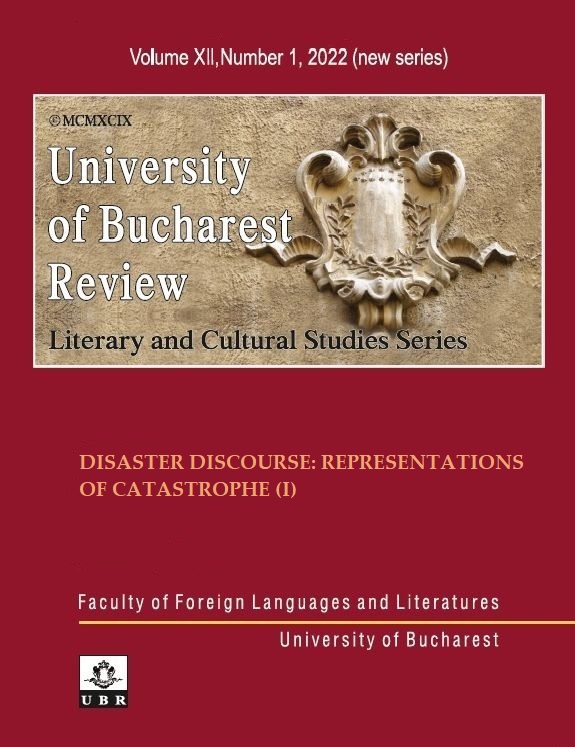“Beyond the Threshold of War, There Seemed to Be No Reality and No Past”: Third Generation Jewish American Writers and the Inherited Memory of the Holocaust
“Beyond the Threshold of War, There Seemed to Be No Reality and No Past”: Third Generation Jewish American Writers and the Inherited Memory of the Holocaust
Author(s): Laura Gimeno-PahissaSubject(s): History of the Holocaust, American Literature
Published by: Editura Universităţii din Bucureşti
Keywords: Shoah; catastrophe; postmemory; inherited memory; humor; transgression;
Summary/Abstract: “Beyond the threshold of war, there seemed to be no reality and no past” (Hoffman 13). In her celebrated book After Such Knowledge: A Meditation on the Aftermath of the Holocaust (2004), Hoffman discusses the pervading presence of the Shoah in Jewish culture and memory, its psychological, emotional, and the historical reverberations of such catastrophe but, above all, she analyzes the effects this has had on the survivors’ descendants. Also described by Hirsch, members of the second generation—like Hoffman and herself—established a strong relationship to “the personal, collective, and cultural trauma of those who came before” so much so that their parents’ memories “constitute memories in their own right” (Hirsch 5). This has had such a powerful influence on later generations who have grown up with such inherited memories of catastrophe and trauma, that many of them have started questioning some of these accounts. One such writer is the Jewish American author Nathan Englander who, in his critically acclaimed short story collection What We Talk About When We Talk Anne Frank (2012), engages in a discussion regarding postmemory and its influence on the creation of both a Jewish cultural narrative and collective memory, and how this affects the characters’ lives on many different levels, as well as the voices of third generation authors indirectly. In his work, Englander addresses the discussion of the memory of the Shoah and its later rewritings in quite a provocative way: by means of humor which, as scholars such as Rosenberg and Krijnen maintain, seems to constitute one of the main characteristics of contemporary Jewish writing (Rosenberg 2015; Krijnen 2016). Therefore, it is the aim of this article to analyze Englander’s use of such technique to provide new insights on what it means to be Jewish American today and the effects of the Shoah and its inherited memory on third-generation Jewish American intellectuals.
Journal: University of Bucharest Review. Literary and Cultural Studies Series
- Issue Year: XII/2022
- Issue No: 1
- Page Range: 79-92
- Page Count: 14
- Language: English

